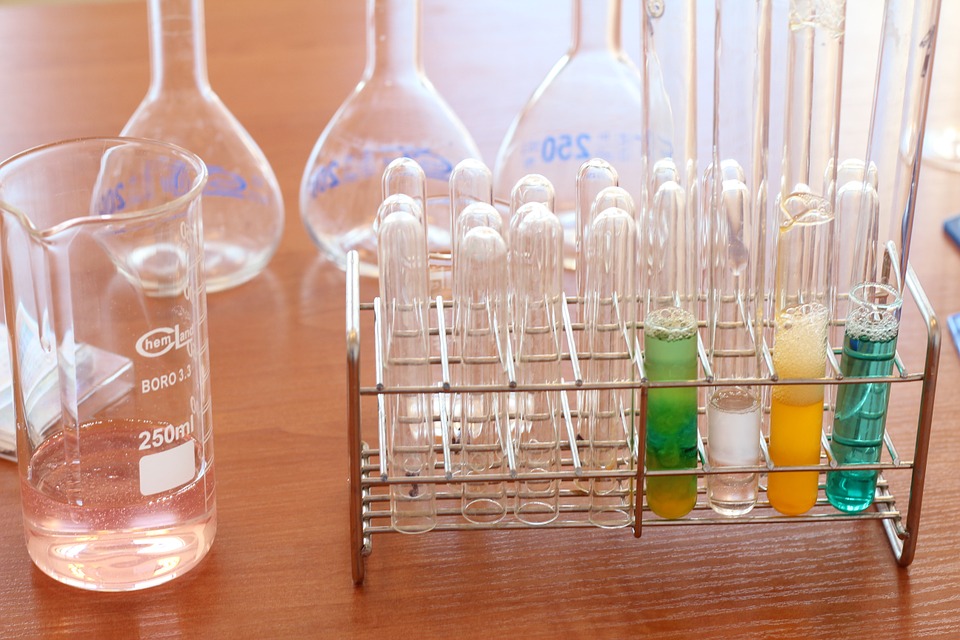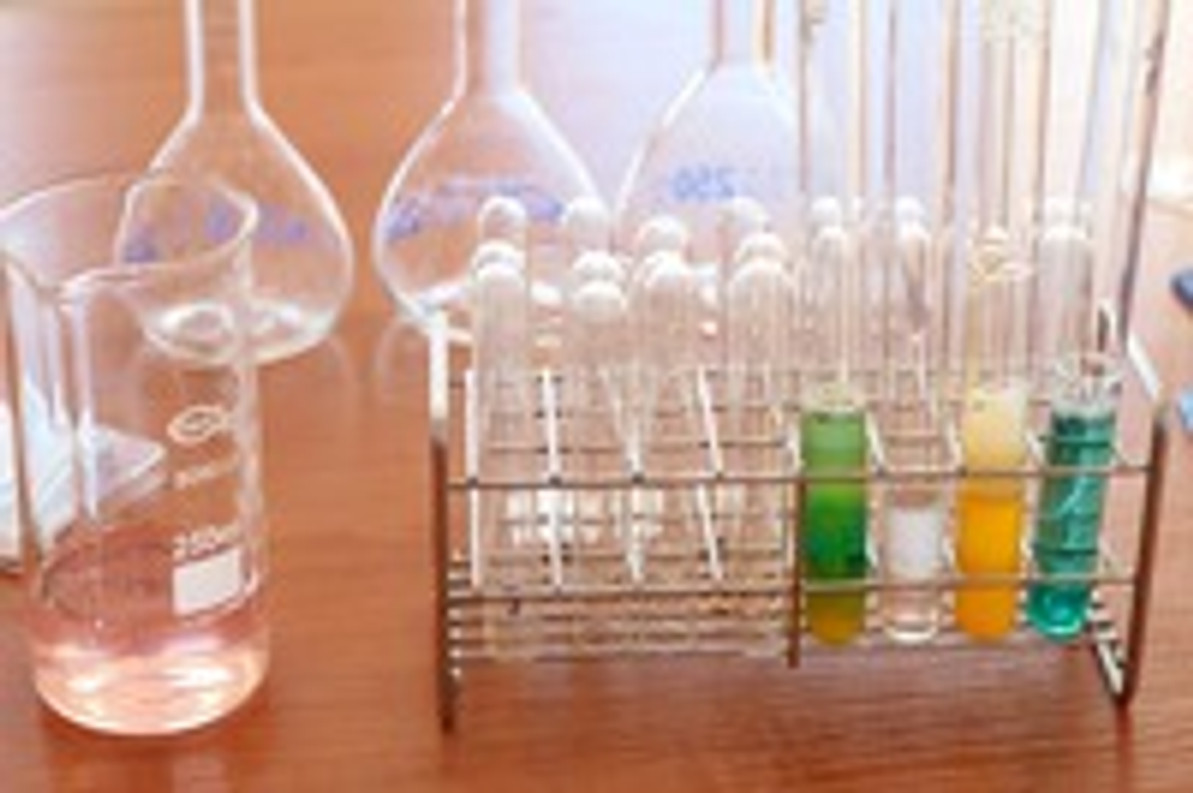Health Problems from Everyday Chemicals Cost $340B per Year

That $5 bottle of counter-cleaning spray could cost you even more money in the long run, at least that's what some researchers are saying.
According to a new study published in The Lancet, conditions linked to common chemicals found in cosmetic, cleaning, and storage products result in $340 billion worth of healthcare treatment and lost productivity per year.
So, how can common chemicals to which were exposed on a daily basis have such a profound financial impact? Well, for starters many of these chemicals disrupt the body's endocrine system. As described by the Centers for Disease Control and Prevention (CDC), flame retardant chemicals such as PBDE and phthalates are used extensively in cosmetic products and plastic containers.
While many consumers assume they are harmless, prolonged exposure to these flame retardant chemicals can disrupt the endocrine system, which as you may already know is responsible for regulating a wide variety of bodily functions like metabolism, growth, tissue development, reproduction, mood, sleep, etc.
Researchers went on to say that diseases associated with household chemicals cost $217 billion Europe and $340 billion in the U.S. Here in the U.S., the Toxic Substances Control Act (TCSA) governs the regulation of household chemicals. Unfortunately, though, this federal law is more than 10 years old. And although it was recently updated, it still contains several loopholes through which untested chemicals are allowed to sell on the open marketplace.
"We used existing models for assessing epidemiological and toxicological studies to reach consensus on probabilities of causation for 15 exposure–response relations between substances and disorders. We used Monte Carlo methods to produce realistic probability ranges for costs across the exposure–response relation, taking into account uncertainties," wrote the study's researchers when describing their methods used.
There are a few steps you can take to protect against health problems caused by chemical exposure, however. For starters, choose natural products with few-to-no synthetic chemicals. Air fresheners and scented candles are a prime source of indoor air pollution, many of which release harmful chemicals into the air. So even if they smell nice, they could have a negative impact on your health.
You can also protect against health problems caused by chemical exposure by maintaining a clean home. Chemicals may accumulate in the carpet, compounding their negative effects over time. By vacuuming and dusting, however, you can mitigate this risk while protecting yourself, and your family, from harm.
Recent Posts
-
Fire Safety in the Workplace: What You Need to Know
What steps are you taking to prevent fires in your workplace? According to the U.S. Occupational Saf …Aug 23rd 2023 -
Is It Safe to Go Jogging With a Cold Infection?
If you're suffering from a cold infection, you might be wondering whether it's safe to go jogging. T …Aug 22nd 2023 -
5 Safety Tips to Follow When Using a Powder-Actuated Tool
Powder-actuated tools are commonly used to join materials to steel and concrete. Also known as Hilti …Aug 20th 2023




